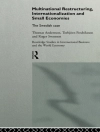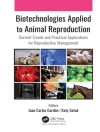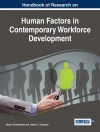Degrowth in tourism is the voluntary shift to rebuild destinations and local economies in a way in which consumption, production and the exploitation of resources are minimal. It looks to ensure that the direction of institutional changes and the orientation of technological development are controlled and in harmony with the environment. Degrowth involves people whose use of personal time enhances the richness of the tourism experience through travelling less frequently, more slowly and in a low carbon way; taking time to support the environment, the local economy and to explore the local culture. Despite the significant role degrowth can play in destination development, it has rarely been examined from a tourism studies perspective. This book takes steps to address the paucity of combined research on tourism and degrowth by presenting emergent knowledge and research on this increasingly important concept. The book: Outlines the core theme of degrowth from a tourism perspective. Contains content enriched with contributions from multi-disciplinary academics from around the world. Puts theory into practice via international case studies. Due to the multidisciplinary nature of the book, the contents will appeal to researchers and postgraduates studying tourism, environmental studies, geography, planning and development and other related disciplines.
Despre autor
Konstantinos Andriotis is a Professor in Tourism at Middlesex University London. He holds a Ph D in Tourism Development and Planning (Bournemouth University, 2000) and a Post Doc in Tourism Marketing (Hellenic Open University, 2006). He edits the ‘International Journal of Tourism Policy’, the ‘Journal of Qualitative Research in Tourism’ and the CABI Regional Tourism Series. He has an h-index of 32 and more than 4500 citations. He was listed in the Stanford University list of top 2 per cent of scientists in the World. His research interests include tourism development and planning, alternative forms of tourism, tourism experience and degrowth.












